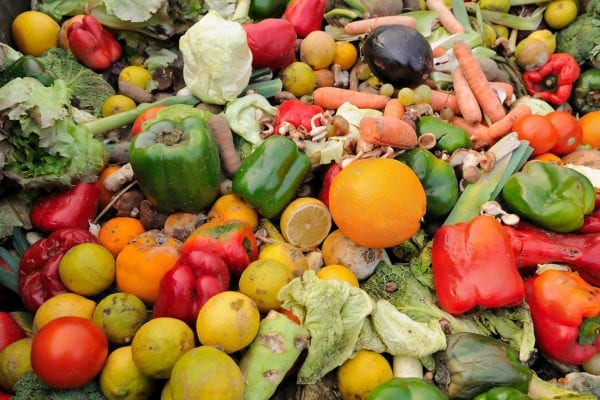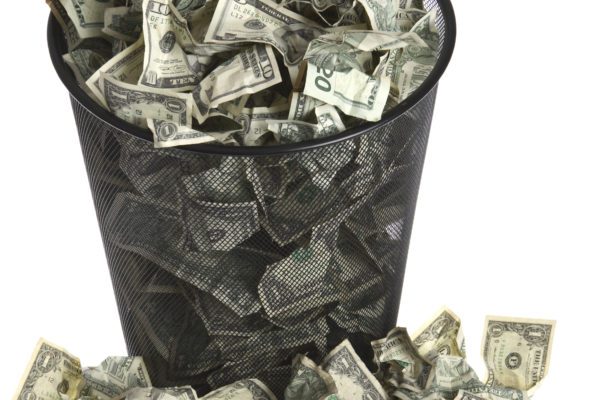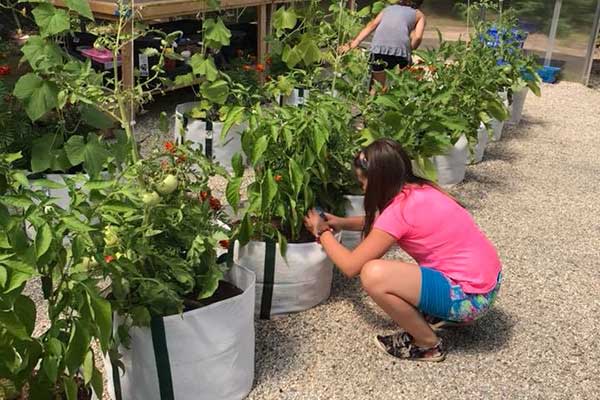Maine’s clean and healthy environment strengthens the state’s economy and is central to our way of life. Holding polluting corporations accountable through systemic changes in local, state, and federal policies is the key to creating a more healthy, prosperous, sustainable future for us all.
NRCM’s Sustainable Maine program takes a practical, collaborative approach to solving environmental problems faced by Maine people and communities, particularly with how to better prevent and manage waste. We want to make doing the right thing for people and the environment the easy, clear choice for individuals and businesses.
Our vision of sustainability in Maine is ensuring a healthy future for life on Earth. Unfortunately, polluting corporations continue to ignore what is right for the environment at the expense of people’s health. Instead, they spend big money to try to convince people that it’s an individual’s responsibility to act, not theirs. But we are onto them.
The fossil fuel industry knows our clean energy transition is underway, so to keep their profits flowing, they are ramping up production of single-use plastics. We cannot allow this to happen. At every stage of the life cycle for plastics — from production to disposal — there are significant human health impacts, and they disproportionately affect economically and socially disadvantaged people.
Many of us feel guilty that we still rely on gasoline-powered cars, and we can’t seem to avoid wasteful packaging despite our best efforts—but it’s not our fault as individuals. In the State House, in schools, and in our communities, NRCM works with local businesses, municipalities, and Maine people to galvanize support for solutions that require corporations be a part of solving the problem and make it easier to reduce waste and pollution.
Learn more about our Sustainable Maine program priorities and how you can help on the pages below.

“Just Eat It”: My Food Waste Story
One anecdote from the movie really hit home for me: Americans waste so much food that it’s as if we leave the store with several bags of groceries, drop one bag in the parking lot, and keep on walking.

Reuse—Recycle— Remember
My dad, Clarence E. Gray, lived in Maine from the time he was a teenager and had to drop out of school and go to work in the Westbrook paper mill to help support his family. Later he was drafted into WWII, and before shipping out, worked in the shipyard in South Portland. He had Read More

Other Pay-As-You-Throw Resources
Payasyouthrow.org: A great national resource on PAYT WasteZero: This company helps towns reduce waste through trash metering and it also manufactures PAYT bags. “Cutting Trash in Half in Maine”: An article on PAYT from The Maine Townsman

Why Support Pay As You Throw
It makes sense. We produce too much trash in Maine. Not only should communities provide a convenient way for people to reduce, reuse, recycle and compost, but they should also create an incentive for people to do so by charging a fee for each bag of household trash. Charging a fee for each bag of Read More

Brunswick Bans Foam Food Packaging Starting Oct. 1
By Walter Wuthmann The Forecaster news story BRUNSWICK — The Town Council on Monday unanimously approved a ban on polystyrene foam packaging, making Brunswick the fourth community in the region to prohibit most food retailers from using the material. The vote reflected a public hearing and process virtually devoid of opposition. “The expression in support Read More

Brunswick Joins List of Towns that Ban Styrofoam Packaging
By Beth Brogan, BDN Staff Bangor Daily News news story BRUNSWICK, Maine — The Brunswick Town Council voted unanimously Monday evening to ban polystyrene foam, or Styrofoam, food containers beginning in October. The vote followed a public hearing before a standing-room-only crowd at which 16 people spoke, all but one in support of the ban, Read More

Bag Free, Plastic Foam Ban Take Effect Tuesday in South Portland
The City Council approved the ordinances unanimously last September. By Kelley Bouchard, Staff Writer Portland Press Herald news story SOUTH PORTLAND — Two new ordinances take effect Tuesday, imposing a ban on plastic foam food containers and a 5-cent fee on all single-use paper or plastic shopping bags. The City Council approved the ordinances unanimously Read More

Will a Ban on Food in Landfills Finally Spur Maine to Boost Recycling?
by Christopher Burns, BDN staff Bangor Daily News news story Maine needs to decide what it’s going to do about the food in its waste stream. Food and other organics comprise 43 percent of Maine’s residential waste, more than paper, plastic, glass and metal. Yet, only about 5 percent of organics are composted, leaving much Read More

Maine Lawmakers Hear Mixed Testimony on Composting, Recycling Bill
A committee considers one of the most significant updates of Maine’s solid waste management laws, a plan to divert more waste from landfills into recycling or composting programs. By Kevin Miller, Staff Writer Portland Press Herald news story AUGUSTA — Cities and towns could have to pay hundreds of thousands of dollars in additional fees Read More












